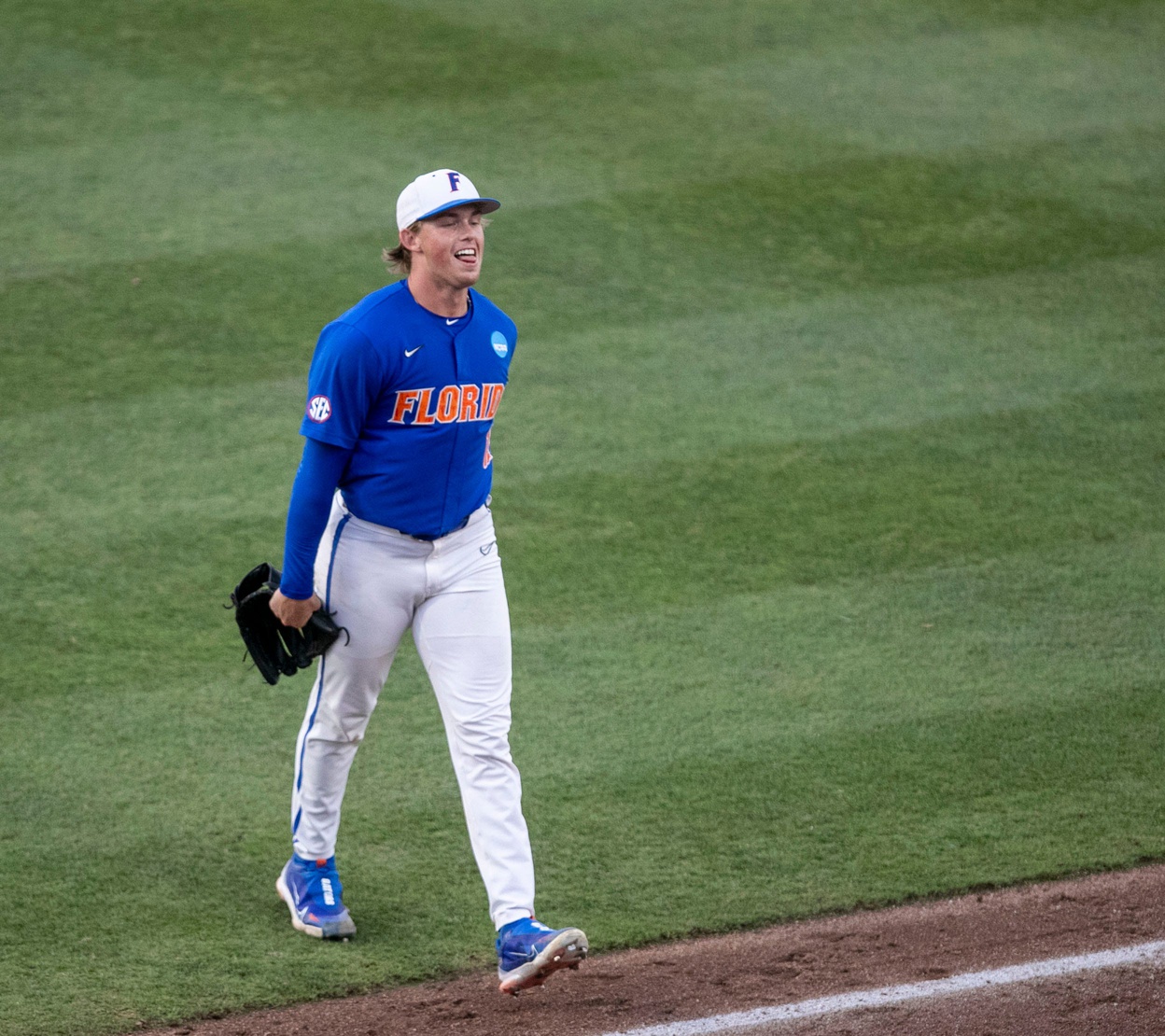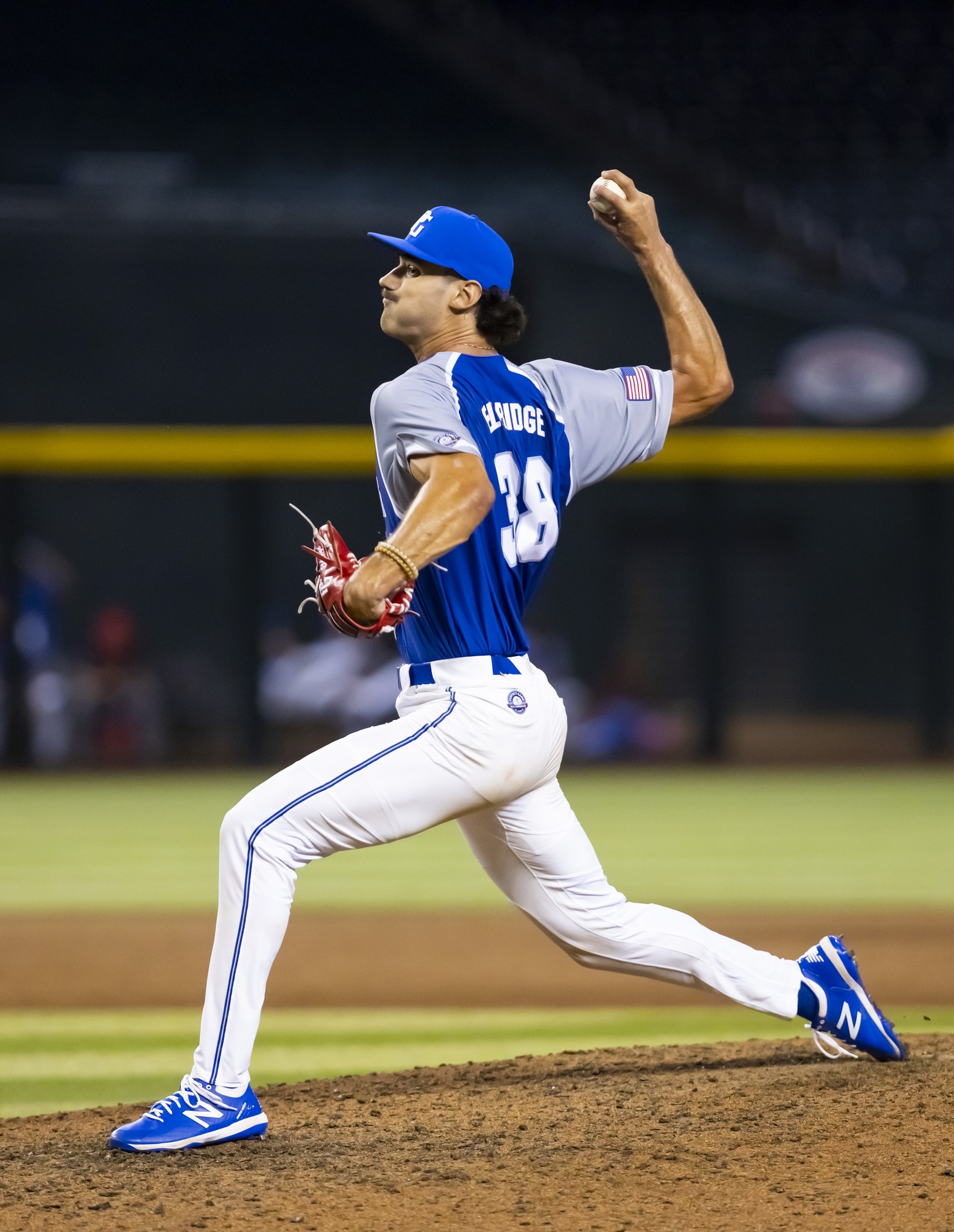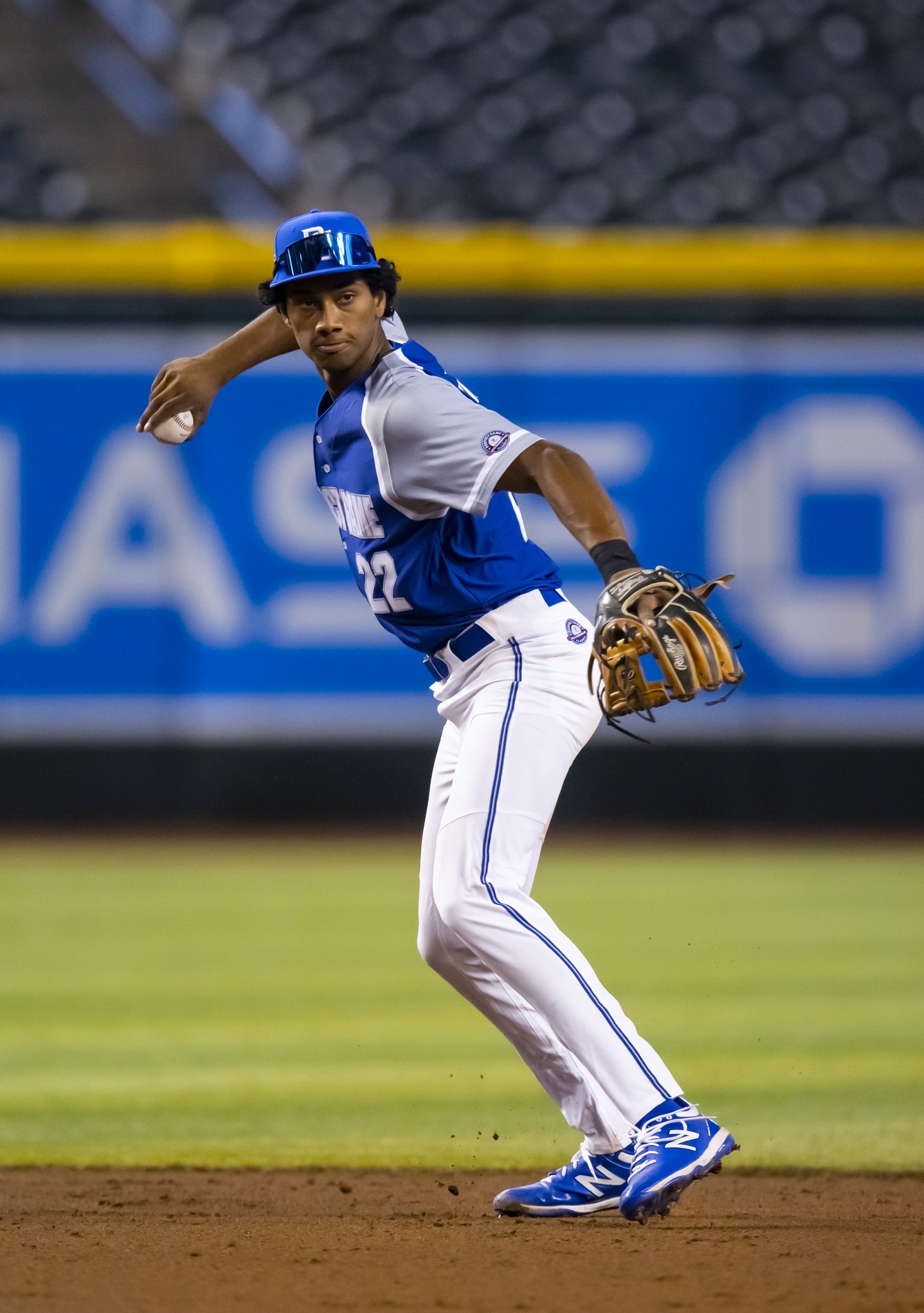© 2026 ALLCITY Network Inc.
All rights reserved.

One of the biggest elements that makes the MLB Draft so much different than those in the other major sports is the bonus pool system.
Each slot in the draft through the first 10 rounds is assigned a dollar amount and a club must not exceed the total of those rounds by more than five percent. The penalty for going over is the loss of a first-round pick, and no team has ever done so since these restrictions were put in place.
There are workarounds to gain some advantage, especially for those teams with the largest bonus pools, but nothing so egregious that the system needs to be modified beyond the recent institution of a draft lottery.
Implemented for the first time in December, the draft lottery helps to disincentivize tanking as teams with the worst three records from the previous season are not guaranteed a top three pick, let alone the first overall pick. In the past, a team created to fail could not only have pick no. 1, but the bonus pool money that came with it. Instead, the three worst clubs each have a 16.5% chance of having the first selection.
The Oakland Athletics, who had the second-worst record in 2022, fell to pick no. 6 while the Colorado Rockies moved down from the eighth-best record to pick no. 9.
As the NBA lottery dust clears here is a reminder that the Red Sox came oh so close to having the No. 1 pick in the 2023 MLB Draft.https://t.co/wsH0UerlbB
— JJ Cooper (@jjcoop36) May 17, 2023
Colorado has $11,909,800 as their bonus pool, 10th largest for the 2023 MLB Draft, held in Seattle over three days during the All-Star Week. (Despite selecting after the Rockies in every round, the Miami Marlins have a larger bonus pool since they will receive a Competitive Balance Round A pick — worth an additional $2,420,900 — after the first round. Colorado receives a Competitive Balance Round B pick this year.)
Each year, 10 clubs with the lowest revenue and the 10 from the smallest markets are eligible to receive a Competitive Balance pick. Teams are assigned a pick, either in Competitive Balance Round A or Round B, and these picks can be traded once. Colorado, however, has never dealt a pick away nor acquired a pick via trade.
The Rockies utilized their bonus pool well during the last two drafts to increase the quantity of high-end talent. Instead of selecting a player definitively deemed the best available — as they did in 2020 when Zac Veen was still available for them at the no. 9 pick — the team drafted a player who was expected to go later in the first round in order to sign them below slot value. By employing this widely accepted practice, teams like Colorado have additional money to sign certain high-profile college sophomores and juniors or convince high school players to decommit to their college in later rounds.
Here’s How It Works
MLB Pipeline ranked Gabriel Hughes as the 26th-best amateur player in the 2022 MLB Draft. Colorado selected the right-hander from Gonzaga ninth overall and signed him for $4 million. This figure was $980,000 below the slot value for the ninth pick, but $1.21 million more than what Hughes could have received for the 26th pick. A win-win for both parties.
Happy Gabriel Hughes start day to those who observe 😏 pic.twitter.com/HrW5hm8un9
— Hartford Yard Goats (@GoYardGoats) June 7, 2023
The amount saved by agreeing to a below slot deal with Hughes freed up bonus pool money to go over slot with OF Jordan Beck (additional $150,000), LHP Jackson Cox ($300,000) and LHP Carson Palmquist ($61,700). Including 31st overall pick Sterlin Thompson, the Rockies arguably scored three first-round talents last year.
This option is available to all teams throughout the draft, but the first overall pick for each team is where there’s usually room for such flexibility. With five elite players in this year’s draft set to go in any order of top five picks and a second tier with no sure things, Colorado could implement such a strategy once again to place a premium on quantity instead of quality.
Here are 4 players that could join the organization this summer:
RHP Hurston Waldrep (Univ. of Florida)
A teammate of Thompson last year, Waldrup has a resume that looks like a front of the rotation arm: U.S. Collegiate National Team, SEC starter and a three-pitch mix that projects to be above average across the board. Now, he’ll get a chance to pitch in the College World Series and further improve his draft stock.

Hurston Waldrep's 12th and 13th Ks. pic.twitter.com/7fx0bD3onU
— Rob Friedman (@PitchingNinja) June 10, 2023
Waldrep broke out in his sophomore campaign with Southern Miss in 2022 before transferring to Florida where his numbers took a small step back due to some inconsistent outings. His last two starts in the Super Regionals displayed the immense upside many knew he possessed: 15 IP, 8 H, 1 R, 4 BB, 25 K.
His arsenal features a split-change, a 12-to-6 curveball and a slider that is considered elite. At the worst, Waldrep could be a dominant reliever. At the 10th overall spot, that would be a disappointment for the Rockies investment.
1B/RHP Bryce Eldridge (Vienna, VA)
Any time you have to bring up Shohei Ohtani when discussing a player, the excitement level is high. Eldridge, 18, is the latest two-way player trying to do what only one man since Babe Ruth has been able to pull off successfully. At 6’7” and 233 pounds, the Virginia high schooler is actually quite larger than the Angels superstar.

As a pitcher, there’s undeniable upside. His offspeed options play fine off a low-90’s fastball that touches 95-96 mph. You can see he’s athletic even as a pitcher, but some work on his mechanics — like using more of his lower half — should produce even more velocity in the pros. Other prep pitchers may have more upside, but none can rake quite like this left-handed slugger.
Eldridge might be a better prospect as a hitter. His raw power is enticing and goes to all fields, but the contact rate has been one concern. On the defensive end of things, he should play up to a corner outfield spot, especially as it would be a shame to waste his absurd arm strength and athleticism at first base.
💥💥💥 Bryce Eldridge doing Bryce Eldridge things. A 3-run bomb and now USA lead 5-1!
📺 LIVE Streaminghttps://t.co/1hIixsFn8R#U18WorldCup pic.twitter.com/yWAxkpy0X7
— WBSC ⚾🥎 (@WBSC) September 18, 2022
The University of Alabama commit won gold at the WBSC U-18 Baseball World Cup with Team USA Baseball, thanks in part to his MVP performance. Considering Colorado has never had a player like Eldridge in their system, confidence in them being able to explore the possibilities he provides is on the lower end of the spectrum.
SS Arjun Nimmala, Strawberry Crest (FL)
The Rockies have gone with high schoolers in two of their last three drafts. A heavy college class in 2022 has returned great results so far and its possible they may want to avoid the volatility that comes with developing a teenager as they experienced with their top picks in 2015 (Brendan Rodgers, 3rd overall), 2016 (Riley Pint, 4th overall) and 2017 (Ryan Vilade, 48th overall).

Nimmala, still only 17 years old and committed to Florida State, is one of the youngest in this year’s group. He’s a true shortstop that shouldn’t have issues sticking at the position for years to come with great range, arm strength and a quickness that exceeds a better than average base runner.
At 6’1” and 170 pounds, the power is impressive for Nimmala when he makes contact with his aggressive hacks. He needs to be more selective at the plate, but if the power continues to progress, he could land anywhere from J.J. Hardy to Alfonso Soriano as a comp.
Arjun Nimmala ('23, FL) clears the wall 10 times in the semi-finals #PGAAC @Florida_PG pic.twitter.com/kgVP9jJr37
— Dick’s Sporting Goods All-American Classic (@PGAllAmerican) August 28, 2022
If they don’t take Nimmala with their first selection, Colorado may well have an opportunity to draft a different high school shortstop with their second pick at no. 46 as this year’s class has plenty available.
OF Chase Davis, Arizona
Even if you’ve never seen Davis play before, you have. His swing is remarkably similar to Carlos González, as is his penchant for power. A left-fielder with the Wildcats, centerfield could also be a position in play for Davis, something CarGo was able to handle in his first few big league seasons.
CHASE. DAVIS. pic.twitter.com/nsKLBUQjbq
— Arizona Athletics (@AZATHLETICS) May 27, 2023
Davis addressed concerns about his contact rate over the past year to great success and was named MVP of the Pac-12 Tournament this year. A better candidate for Colorado at the 46th pick, the 21-year-old is a safe bet to contribute in the Majors in a few years.
Comments
Share your thoughts
Join the conversation




